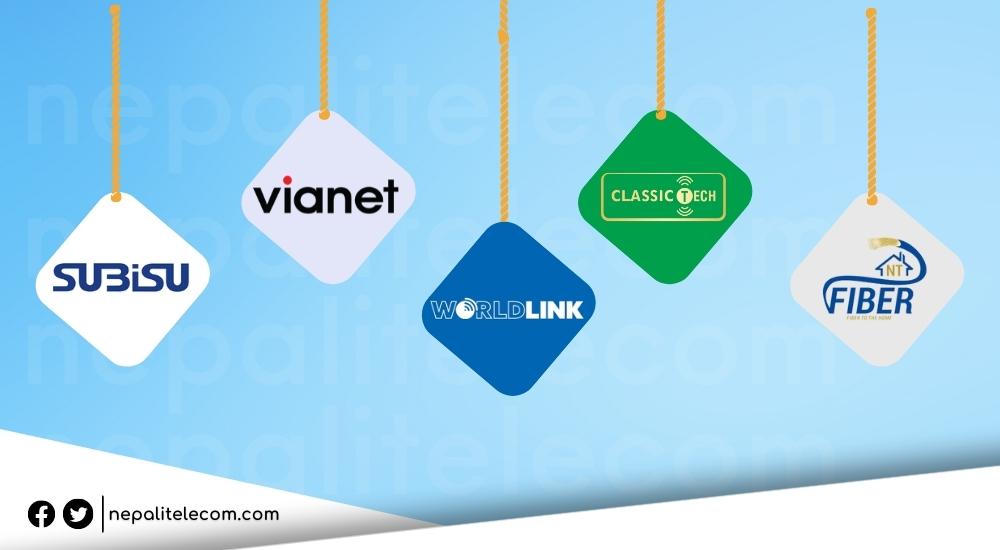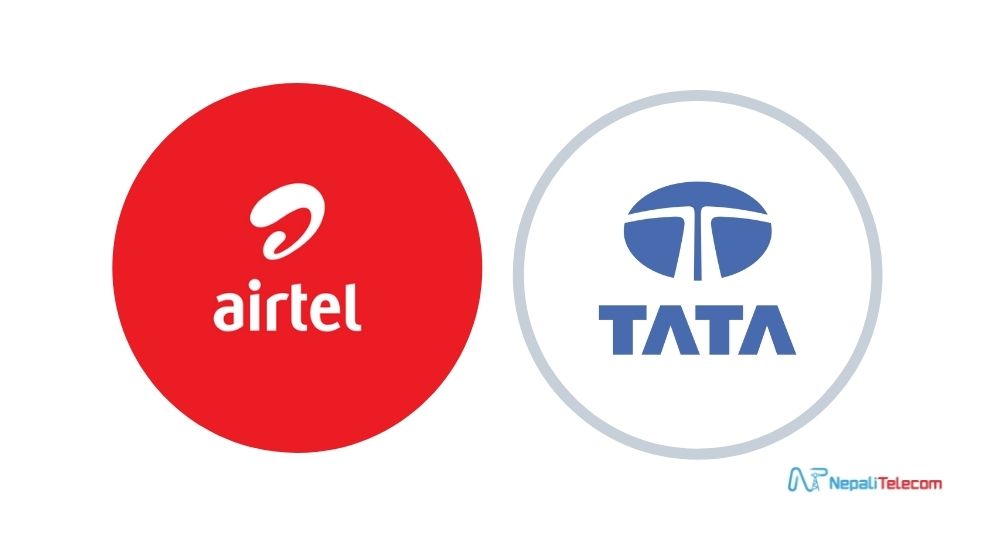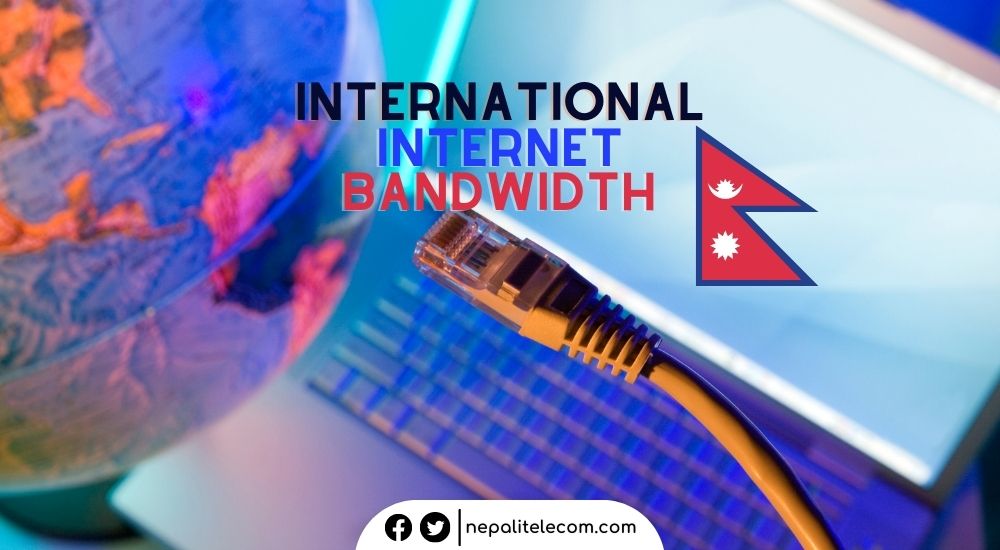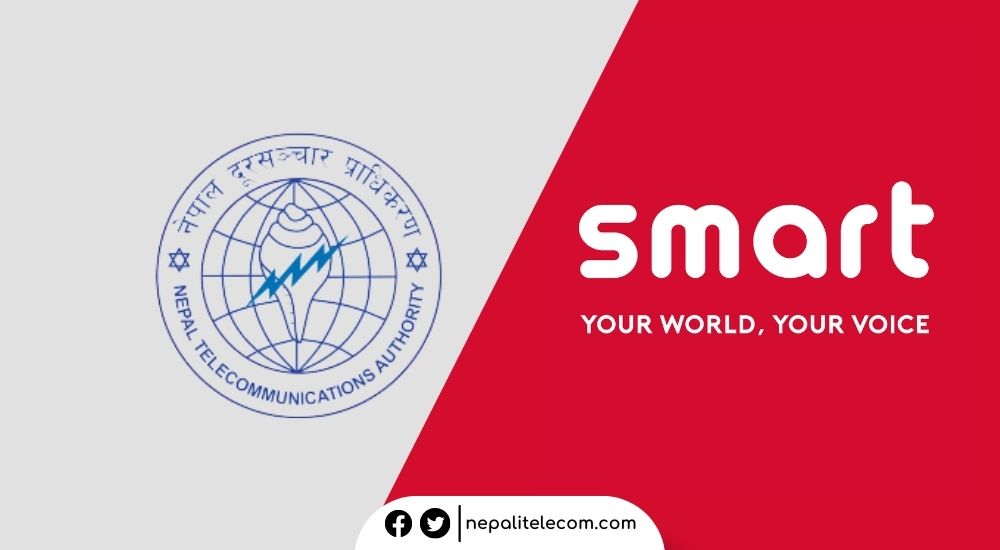The committee formed to study the possibility of a bandwidth platform or an international internet gateway in Nepal has submitted its report to the government. Communication Minister Rekha Sharma received the possibly ground-breaking report on how to manage the international bandwidth in Nepal which could change how the internet service works in the country in relation to bandwidth import, internet and network service providers’ license, and work to render a level-playing field.
Minister Sharma formed the committee on Falgun 23 while assuming her office for the second term.
The committee coordinated by the ministry’s joint secretary Gaurav Giri has outlined various key suggestions to the government that could pivot the government’s ambition to establish a bandwidth platform in Nepal.
Committee suggestions on bandwidth platform management in Nepal
The committee highlights that the Telecommunication Act, 2053, and Telecommunication Regulations, 2054 allow the same individual or organization to get a license as an internet service provider (ISP) and network service provider.
The committee states that such a practice is a hurdle in creating a fair environment for a competitive market.
Also, there is a possibility of the service providers paying the government less revenue by forging higher prices for international bandwidth.
There is a lack of checks and balances between the network service providers and internet service providers (ISPs).
The same firm can’t be both NSP and ISP
Therefore, the committee suggests that there is a necessity to make arrangements where a single entity can’t act as both an NSP and an ISP.
It’s said that the current practice makes it difficult to create a level playing field for the market players.

The committee mentions that there are currently 23 licensed network service providers in Nepal.
If you don’t know what they do, they buy the bandwidth from foreign companies and resell them to Nepal’s ISPs.
Coming back to the topic, the price of the bandwidth varies as per the bandwidth of volume.
Large network service providers buy a high volume of bandwidth which is not possible for small-time firms. It hurts their business.
Likewise, such market patterns also comprise the quality of internet services.
Also read: Is your ISP throttling your WiFi internet speed? Here’s how to know
The government could allow a minimum bandwidth import of 500 Gbps
The committee suggests a policy to allow a minimum bandwidth import of 500 Gbps.
Referencing the principle of Economics of Scale, the committee believes that the minimum 500 Gbps bandwidth import will help reduce the price of international internet bandwidth, bring down the volume of cash outflow, and ensure quality internet services.
Similarly, the committee recommends that the government have dialogue with stakeholders for other necessary arrangements such as the right to import large amounts of internet bandwidth.
Do read: NTC Upgrades International Bandwidth Capacity to 120 Gbps For Better Internet
The onus on NSP to make arrangements to implement the instructions by the Government of Nepal
The committee has also highlighted that there is a need for network service providers to ensure that they have made the arrangements to implement the instructions issued by the government and Nepal Telecommunication Authority (NTA) in accordance with the Telecommunications Act, 2053, and Telecommunication Rules, 2054.
Measure to avoid internet shutdown
The report also mentions measures to avoid internet shutdown or interruptions.
The committee says that network service providers should buy bandwidth from at least two international upstreamers.
It’s mentioned that one NSP can’t buy over 60% of their total internet bandwidth from the same vendor. It’s also recommended that such bandwidth is imported via different borders.

On Baisakh 20, 2080 which happened to be the ICT Day, Nepal witnessed nationwide internet interruptions as Airtel cut bandwidth supply to Nepali service providers’ overpayment.
While the paying customers had no role in leading to the mishap, the government and ISPs’ tussle had it to blame for their long conflict over RTDF payment.
Buying bandwidth from more than two vendors could serve as a backup to continue the internet service during particular times and help avoid complete network outages.
Mandatory NTA approval for bandwidth import
The committee also finds it necessary that the network service providers obtain mandatory approval from NTA before they reach an agreement with an international vendor for bandwidth import.
Need for in-depth analysis of bandwidth consumption in Nepal
It’s also suggested that the government conduct a thorough analysis of the cost of bandwidth, maintenance, and returns, the possibility of Nepal’s own fiber link to the sea, or bandwidth purchase from neighboring countries.
Find: Find the Radio Frequency Policy for Telecom Services 2080
On international internet bandwidth platform management
Globally, there are the “Monopoly Model”, “Partial Competition Model”, and “Full Competition Model” practices for international bandwidth import.
In Nepal, there is a need for more in-depth study into the suitable practice regarding the same.
Nepali NSPs buy most of their bandwidth from Indian upstreamers and partially from China.
However, the reliance on Indian firms has also compromised the service flow and quality at times.
The committee likewise finds it necessary to study policy, legal, and structural arrangements required to manage network traffic from outside Nepal properly and to efficiently and safely flow the data packets to other countries, regulate and monitor data privacy, the relevance of internet content filtering, cyber security, etc.
In addition, the committee recommends that the government keep international internet management under its authority.
That is because it involves the matter of the public’s personal data privacy.

Also, it’s suggested that the government conduct an in-depth study of the framework of the international Internet Management (Gateway) System in Nepal, the modality of establishment and operation, policy, legal, and structural arrangements, etc.
Communication Minister Sharma says that steps will be taken to enforce the suggestions that are possible.
For others, concerned agencies will be directed to take into account all the premises while forming new laws. Find: 5G vs Fiber: Find Out Which Is Better And Suitable For You?
Would the committee’s suggestions contribute to better internet service and create a level playing field for the competing firms? Do share your opinion in the comments section or our social media posts.











